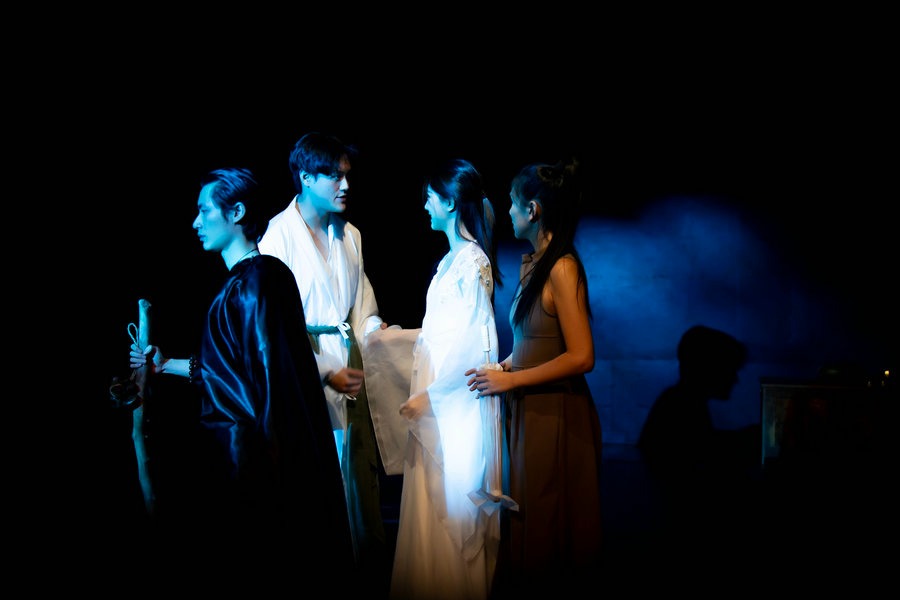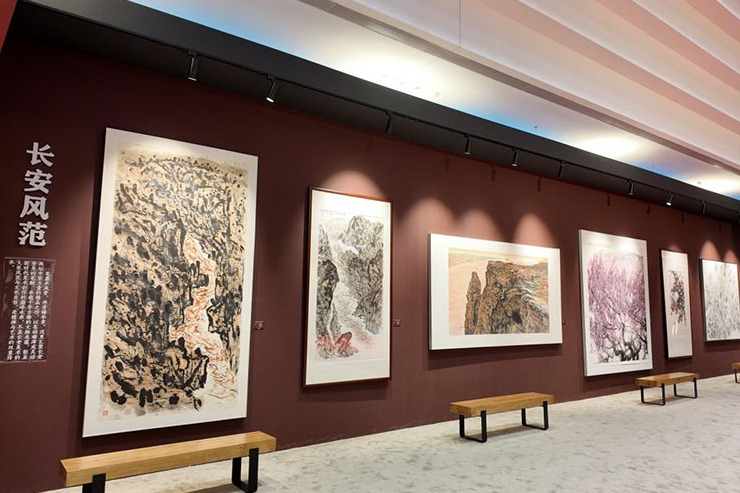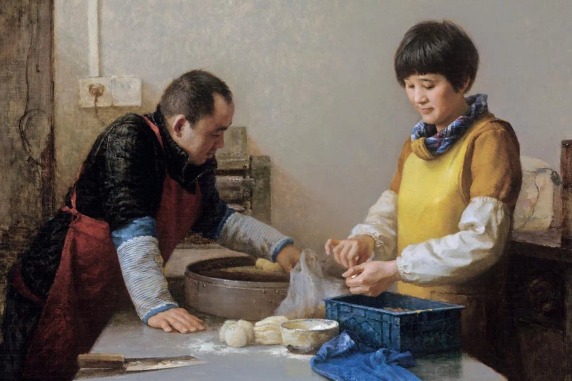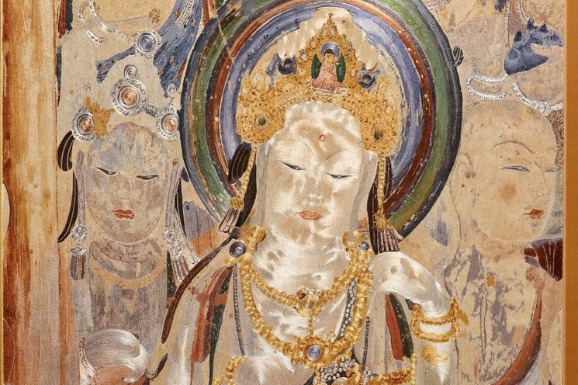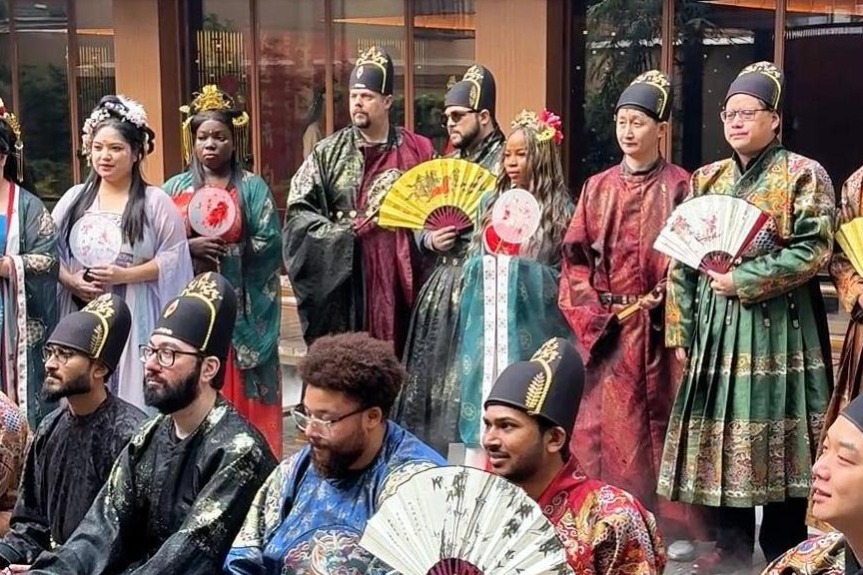Pondering philosophy and fables and wondering when bad luck is truly bad


When my parents' house burned down in Michigan in the United States a few years ago, my Tibetan friends insisted it was good luck.
So goes a folk belief that echoes across the Qinghai-Tibet Plateau that's perhaps superstition, perhaps philosophy — probably some blend of both.
Is it true? Maybe.
My folks lost their home but regained their faith in humanity.
Mom dashed out of their burning home barefoot, so she didn't even have shoes by the time the embers' anger subsided, leaving only indifferent ashes where their life once stood. In the coming days, they were swarmed with donations from friends, neighbors and community members.
It was hard for them to accept charity. Even some of my Tibetan herder friends, who I'd given money to after a quake damaged their home, offered my parents cash. They refused.
Yet this, in turn, inspired my parents to volunteer for the fire department and donate more.
"Hopefully we'll be better people for it," my dad told me.
"We grew up poor, and that made us stingy. Not because we were greedy but because we were poor."
He and my mother were homeless shortly after they got married. They lived in a horse tent without electricity or plumbing. They saved up, bought land and built their first house themselves. They kept moving up in the world.
"We're back to square one," my 69-year-old dad said, after they moved into a rotting camper on a plot of land on which he began building another house on his own.
"You think you'll never get over it. But you will. Everyone is OK. We even got the cat back."
Their cat, Asia Voo, had also dashed out of the house and into the forest.
Neighbors lent live traps — where I come from in rural Michigan, everyone has animal traps for pests or game — and after snagging several raccoons, one day, it was Asia Voo peering out of the mesh of the cage.
I'm not superstitious but rely heavily on philosophy to guide my life.
Recently, the auspicious character dao fell off our door, where we'd slung it to coax good luck, more as a symbolic celebration of Spring Festival than true belief in its totemic powers.
Within days, we had a major financial disaster. I ruptured four tendons in my ankle, my computer died, and myriad other problems, tremendous and trivial, suddenly blasted into our home. It became overwhelming, so I asked my wife to take me outside in my wheelchair. After a few minutes, the wheel snapped off. And when I tried to order another one, my phone wouldn't connect to the internet.
So, I sat, stranded by the side of the road, contemplating crawling home — and wondering.
Was this bad luck really bad? Maybe.
A few days later, our fortunes reversed. We unexpectedly came into a sizable sum of money, the doctor said I was ahead of recovery, I salvaged my data, and I got a new wheelchair for free.
Just after the surgery, I woke up in the middle of the night in biting pain and recalled the fable of the farmer who lost his horse.
"What bad luck!" his fellow villagers lamented. "Maybe," the farmer replied.
Later, the horse returned with a wild horse as a companion. "What good luck!" the villagers congratulated. "Maybe," the farmer responded.
"How unfortunate!" the villagers again howled when the farmer's son broke his leg taming this new stallion. Again, the farmer answered, "Maybe."
The son's injury exempted him when army recruiters visited the settlement days later. Once again came the chorus of "how fortunate" and rejoin of, "maybe".
Lying in the dark, I wondered if this parable truly exudes wisdom or if it's just something we tell ourselves to make ourselves feel better when things are just objectively bad.
"Maybe," I thought. I still do.
Contact the writer at erik_nilsson@chinadaily.com.cn


















